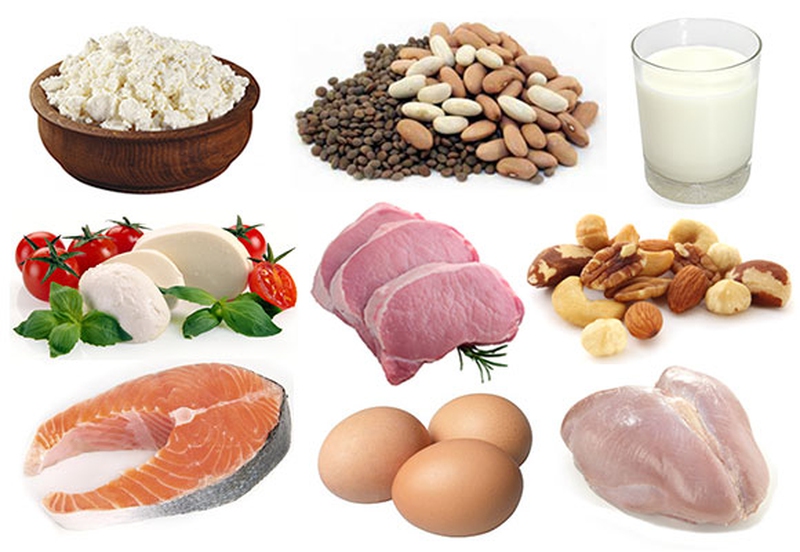Since the healthy industry has started growing, various nutritional supplements have come into the market. It is common to hear people talking about the protein powder they use as supplements when you are in the gym. Protein powders are convenient because they can be consumed by incorporating in shakes or any other way you like it. However, is protein powder good for you? You should know the truth about protein powder before trying any kinds of it.

Is Protein Powder Good for You?
Protein powders are very convenient to use: they can be mixed with juices or shakes while you are rushing out and can be had on the go as well. We know protein is an essential nutrient for maintaining good health and during increased physical activity. And protein powder seems better since it does not need to be stored under refrigeration and it is available in various source forms like whey, soy or casein.
However, you should know protein powder may not be that good to you. The reason is closely related with the process that is required to manufacture the protein powder. The powder is subjected to high temperatures which can denature the protein and change it to a form which is not identified or processed by our body. Thus, it might end up being excreted from our own body. If the amount of protein powder is large, it will put high pressure on the kidneys because of the excretion process. Another problem is the additional various ingredients which are synthetic and chemical in nature. They can be harmful and toxic to our body and lead to various disease and ailments.
What's more, protein supplements are not regulated by the Food and Drug Administration (FDA) according to the Dietary Supplement Health and Education Act (DSHEA) of 1994. This gives the manufactures a free run since there is no any required registration or approval from FDA before marketing their protein powder. This can lead to contamination of the product with various contaminants like lead, cadmium, mercury and arsenic, which has already happened in 2010 with two protein supplements available in the market.
So you can see the risks of protein powder supersede the health effect claims made by the manufacturers. Actually, to increase the protein intake, it is not necessary to rely on any protein supplements. It can be easily obtained from our daily foods, which we will talk about in the next part.
Protein Rich Food You Can Add to the Diet
Protein is an essential nutrient which we require for various bodily functions throughout our life. And the requirement keeps changing, depending on the phase of life as well as gender. Get to know how much you and your family are needed.
Age Group | Per Day Requirement |
Babies | 10 grams |
School going kids | 19-34 grams |
Teenage: boys | 52 grams |
Teenage: girls | 46 grams |
Adults: men | 56 grams |
Adults: women pregnant/lactating women | 46 grams 71 grams |
After know the proper amount of protein you need every day, refer to the list below to add these 10 foods with high protein content in everyday diet.
Foods | Protein in 100g |
Lean beef or veal (low fat) | 36 grams |
Nuts & seeds | 33 grams |
Cheese (non-fat) | 32 grams |
Turkey or chicken breast | 30 grams |
Fish (salmon/tuna/halibut) | 26 grams |
Pork loins/chops | 25 grams |
Beans (mature soy beans) | 17 grams |
Eggs ( egg white) | 13 grams |
Tofu | 7 grams |
Milk, soy milk, yogurt | 6 grams |



View All Comments /Add Comment